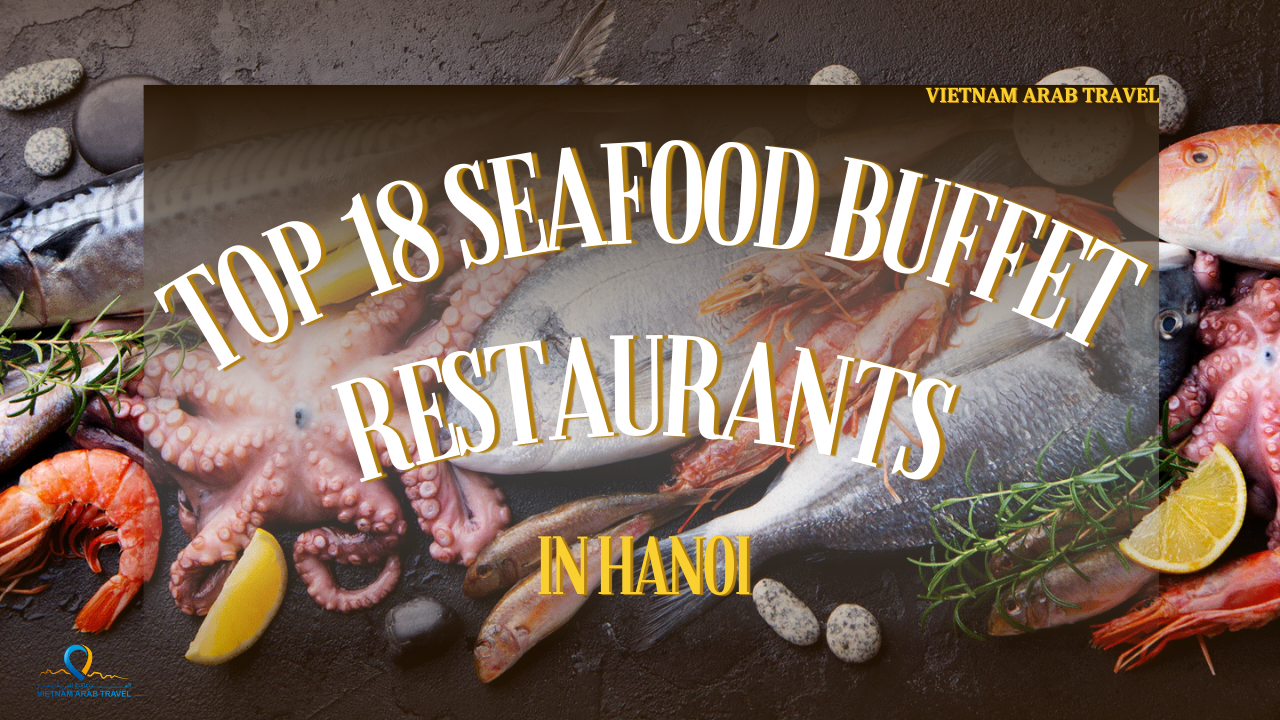One day to whet the appetite for longer stays at Cat Ba
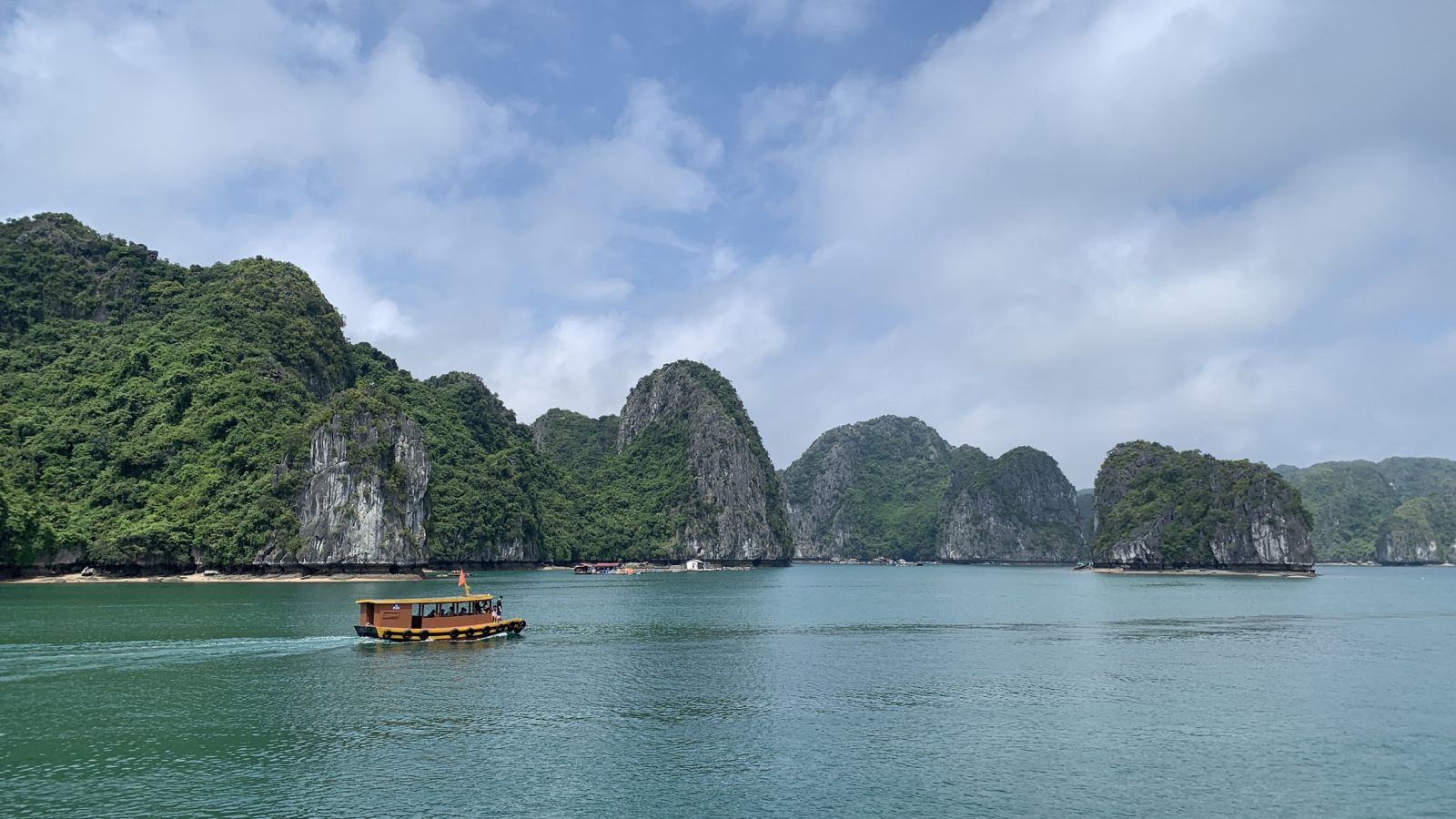
The archipelago in the northern city of Hai Phong, adjacent to the world heritage site of Ha Long Bay, has 367 islands, of which Cat Ba is the largest.
A boat trip in the emerald waters of Lan Ha Bay, which is interspersed with a myriad of limestone karst mountains, takes visitors to a world of peace and quiet.

To get to Lan Ha Bay, one has to use the Beo Wharf, about 2km from downtown Cat Ba Town, where most of the tourist boats are berthed. Tickets to visit the Lan Ha Bay cost VND80,000 ($3.45) per person.
Prices for renting a boat of 10 to 20 passengers range from VND5-5.5 million a day.
Lan Ha Bay is made up of around 300 karst islands and limestone rocks.
The bay is also a great choice for outdoor activities like deep-water bouldering, trekking, rock climbing and kayaking.

The Cai Beo Village, said to be the oldest of its kind in Vietnam, is considered a living museum of Vietnamese fishing culture.
The floating village, with around 300 households, consists of dozens of boathouses.
Kayaking in Lan Ha Bay includes the thrill of going through the Bright and Dark caves bordering Ha Long Bay. A boat can be rented for VND50,000 - 100,000.
A visit to the Viet Hai fishing village, where one can cycle on shaded paths (with rainbow surprises for some lucky visitors), trek through the forest and watch locals make traditional wine, is an experience highly recommended.

Cat Ba offers visitors a choice of watching sunsets in different settings – on the bay and on the mountain. A trekking trip to the Cat Ba National Park in the afternoon to see the sun descending between the mountains is a highly rewarding venture.
The Kim Giao - Ngu Lam trail is the most popular route that takes about an hour to reach the top.
Watching the sunset bathe the mountain range in different hues is an unforgettable sight that the Cat Ba National Park offers.
In 2003, the park was recognized by UNESCO as a world biosphere reserve in order to protect the multiple terrestrial and aquatic ecosystems as well the archipelago’s diverse flora and fauna.

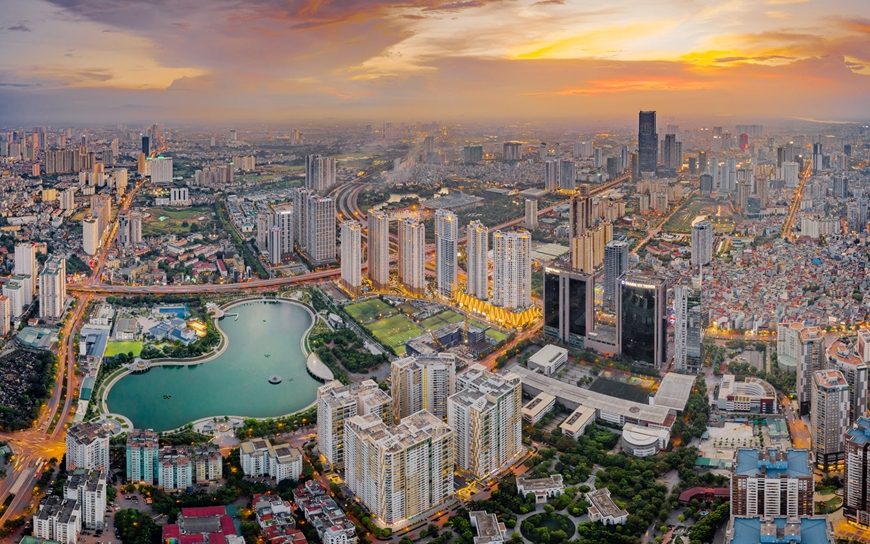
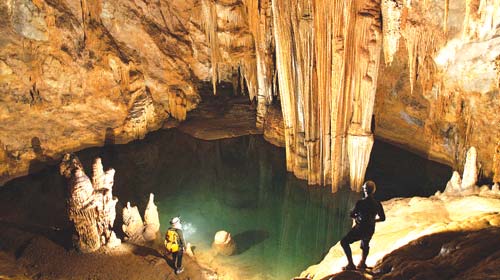

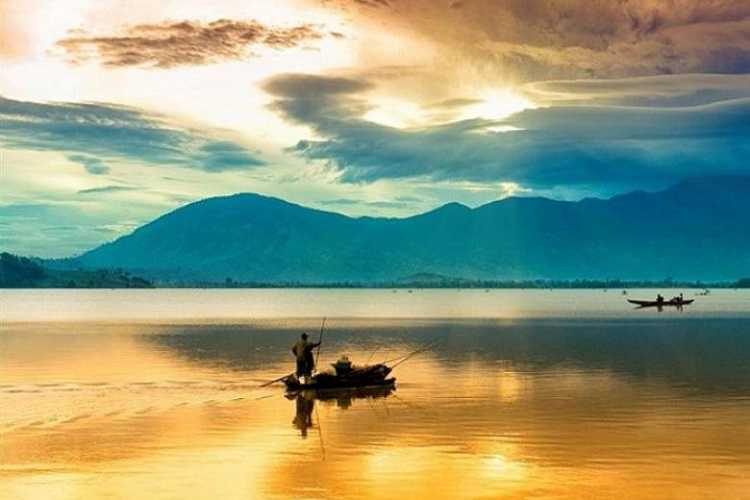

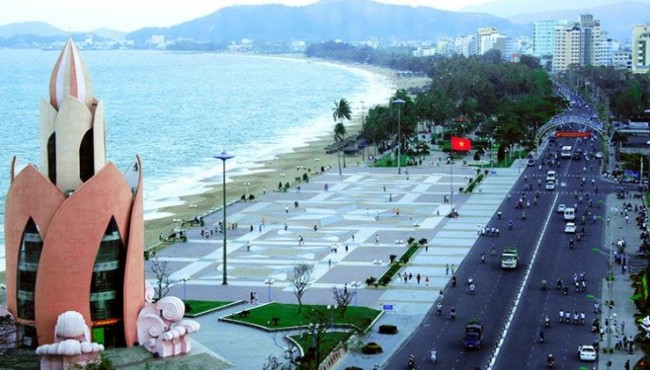

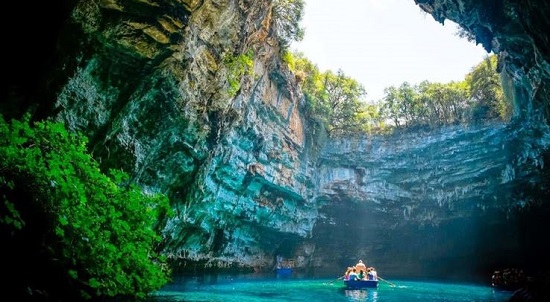
.png)


